On a Sunday morning in October, Ms. Ha Thi Chuyen, a teacher at Lung Cao Kindergarten (Lung Cao commune, old Ba Thuoc district, now Co Lung commune, Thanh Hoa province), went to the fields to harvest rice for hire to earn extra income.
Ms. Chuyen has been a teacher for 5 years, but according to her, the current salary for preschool teachers is still too low, not enough to cover living expenses. On weekends, she works for hire to earn more money to raise her two children.
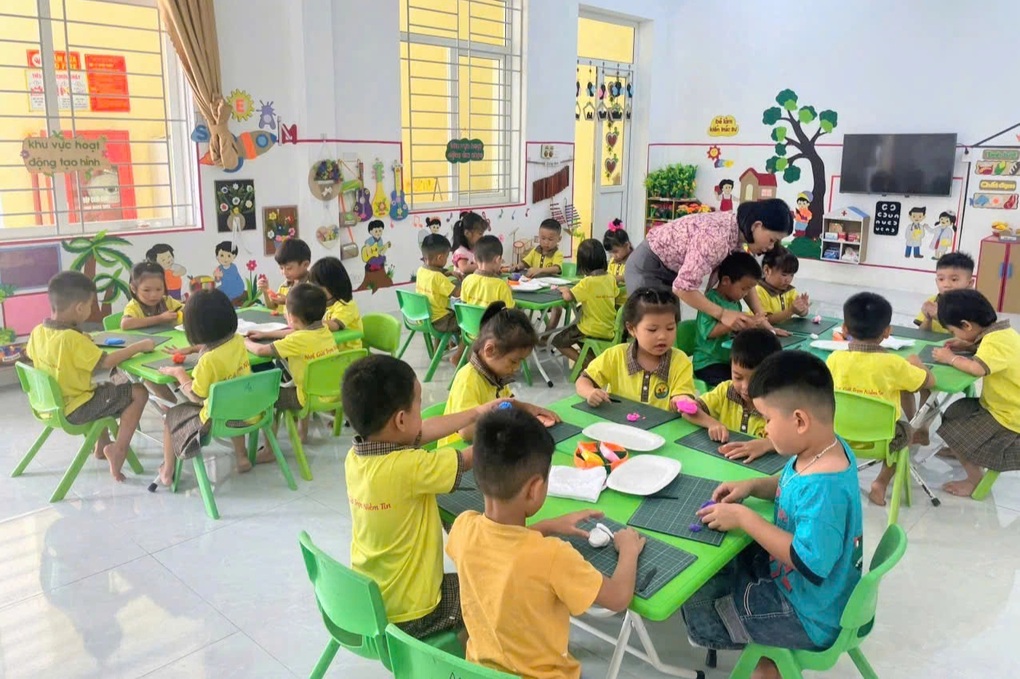
Due to low salaries, many preschool teachers in the mountainous areas of Thanh Hoa face many difficulties (Photo: Hong Quan).
“I came to this profession because of my passion for the children in my hometown. Even though my salary has been low for many years, I am still determined to stick with this profession,” the female teacher shared.
Ms. Chuyen is a Thai ethnic, living in the highlands, farming all year round. In 2016, while working at the Women's Union of the village, seeing the lack of preschool teachers in the locality, she decided to study Preschool Education at Hong Duc University (Thanh Hoa).
After graduating, she returned to her hometown to teach. In the early days, she was assigned to a remote school more than 10km from the commune center - an area with many difficulties.
“On rainy days, the dirt roads are slippery and landslides can happen at any time. Even though my salary at that time was only over 4 million VND, because I love children, I still decided to stick with this job,” she recalled.
After 5 years, she was transferred to the main school in the commune center. Her current salary is more than 7 million VND/month, while the cost of living is increasing.

School in the mountainous commune of Co Lung, Thanh Hoa province (Photo: Thanh Tung).
“Before, my husband worked as a full-time cadre in the commune, and each month he contributed a few million dong. But since the commune merged, he quit his job, and the family's economy has become increasingly difficult. In addition to teaching, I take on extra work as an eyelash extension artist at home, grow rice, and raise chickens and ducks to increase my income,” Ms. Chuyen confided.
Recently, when hearing the news that the State will adjust the salary and allowance policy for teachers, Ms. Chuyen and her colleagues were very excited.
“Increased income is a great source of encouragement for teachers like us. I hope the policy will be implemented soon so that teachers have more motivation to dedicate themselves to their profession,” she said.
Sharing the same sentiment, Ms. Nguyen Thuy Linh, a teacher at Tan Phuc Primary School (Dong Luong Commune, Thanh Hoa Province), said her current income is about 8 million VND/month.
“Without extra classes, teachers in mountainous areas like us can only raise livestock and grow rice to improve our income. Hearing that the preferential allowances for jobs will increase soon, everyone is happy. If salaries and allowances are increased, teachers will feel more secure in their jobs,” said Ms. Linh.
Mr. Trinh Hong Quan, Principal of Lung Cao Kindergarten, said that information about preferential policies under Resolution 71 of the Politburo is of great interest to teachers in the area.
“In the current context, adjusting salaries and allowances is essential to help teachers feel secure in their work and contribute to the cause of educating people. We hope the policy will soon be put into practice,” Mr. Quan shared.

Tan Phuc Primary School, where Ms. Linh works (Photo: Thanh Tung).
According to Mr. Quan, low income is the reason why many teachers have to work extra jobs to make ends meet. Some young teachers have quit their jobs due to economic difficulties, leading to a shortage of teachers in the locality.
According to Resolution 71 of the Politburo, in order to create a breakthrough in education and training development, the teaching staff will enjoy special and outstanding preferential policies.
Specifically, the preferential allowance for preschool and primary school teachers will be increased to at least 70% and 100% for teachers in particularly difficult areas, border areas, islands, and ethnic minority areas. School staff will receive a minimum allowance of 30%.
Source: https://dantri.com.vn/giao-duc/giao-vien-vung-cao-tung-ngay-mong-cho-tang-muc-phu-cap-20251012091731866.htm






![[Photo] General Secretary To Lam attends the opening of the 1st Government Party Congress](https://vphoto.vietnam.vn/thumb/1200x675/vietnam/resource/IMAGE/2025/10/13/1760321055249_ndo_br_cover-9284-jpg.webp)


























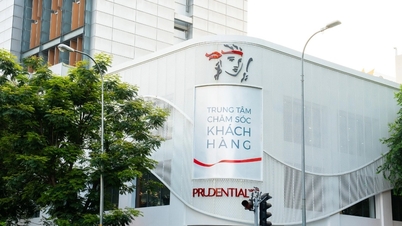


































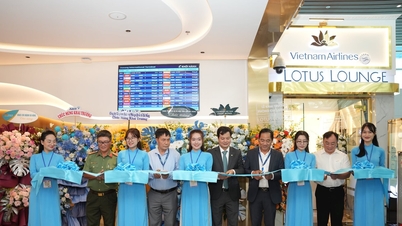


















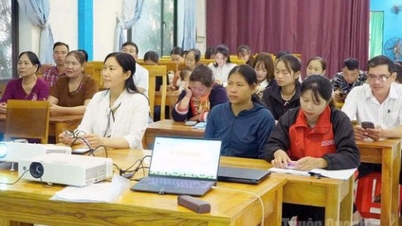

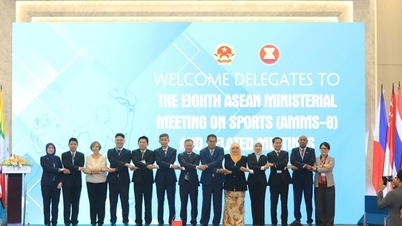
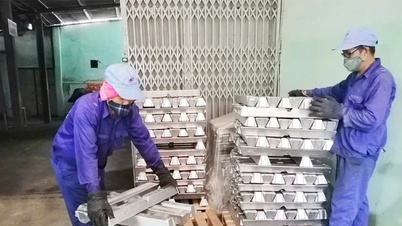

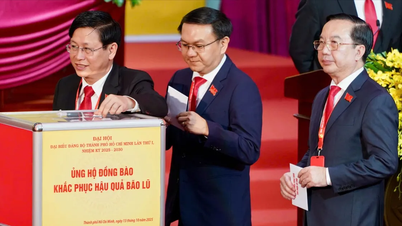

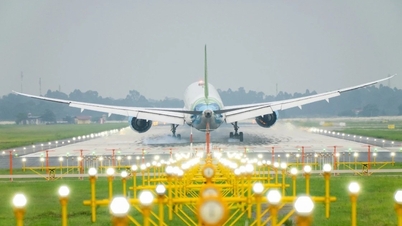

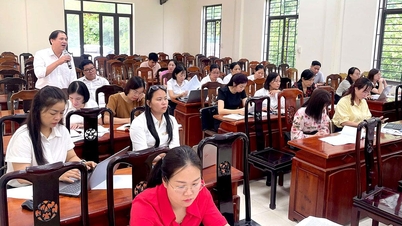


















Comment (0)